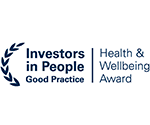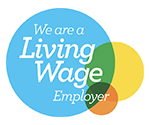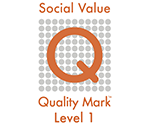Protecting health and wellbeing
We passionately believed from the outset that whatever we did, we needed to be a values-driven visionary organisation in order to find solutions to redress health inequalities.
Health and work cycle
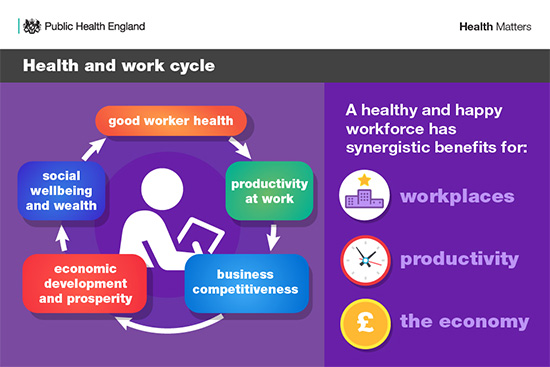
We believe being in good employment can protect health and wellbeing. The relationship between employment and health and wellbeing can be visualised as a cycle of reinforcing elements.
Health of the working age population
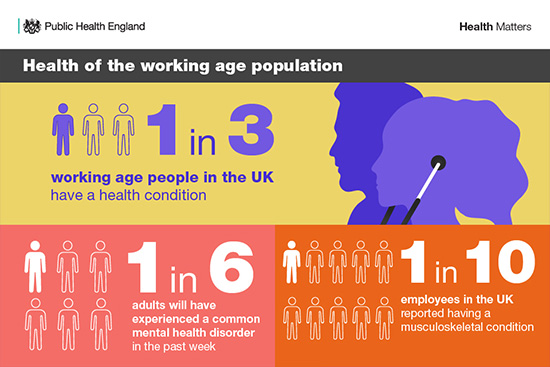
Conversely, unemployment can have short and long-term effects on health and is linked to increased rates of long-term conditions, mental illness, and unhealthy lifestyle behaviours. As of September 2018, 1 in 3 of the UK working age population were living with a long-term health condition with the potential to impact their ability to work as well as their health and wellbeing.

Innovative programmes
We have developed and delivered a range of innovative health, work and wellbeing programmes, which have been endorsed by Health and Wellbeing Boards and Work and Skills Boards, along with being cited as models of best practice within documents such as the Manchester Population and Health Plan 2018–2027. Many of our services have evolved from prototypes, including our Workplace Wellbeing model which was showcased as a model of best practice at the World Health Organization Health Inequalities Conference in Brussels in 2010. This has influenced mainstream provisions that now support thousands of people across Cheshire and Greater Manchester.
Contact usAll the evidence shows that the longer you are away from work the less likely you are to move back into work. In 2020, people who have been out of work for 6 months or more have only a 50% chance of going back into any work. At 2 years plus of unemployment, people are more likely to die or retire than move back into work. Pathways was one of the original 2010 national Fit for Work Pioneers to test different approaches to providing services and getting people back to work as quickly as possible. During the pilot phase of the programme, we tested a Greater Manchester locally determined model. The learning from this showed that primary care was a critical enabler. Pathways co-produced the service model with Greater Manchester’s Local Authorities, local employers, primary care and our local community eco-system.
We recognised in order to maximise outcomes for people, and enable them to achieve their wellbeing goals, services needed to holistically focus on the three elements of physical health, mental health and also social determinants. The service provided biopsychosocial assessments of need and case-managed support, personalised and sequenced in line with clients’ needs, to aid a quick return to work. The pilot showed the need for access to physiotherapy and psychological therapies as quickly as possible once the person commenced sick leave, something not possible under the established systems where wait time could be up to 18 weeks. Understanding the root cause of sickness absence, and what was important to the individual, allowed us to develop a blended approach to support the person to return to work quicker than without an intervention.
Think we can help?
Get in touch
Contact us
Success Story
Following the completion of the pilot in 2013, we were locally commissioned by Manchester City Council. Those that required physiotherapy or psychological therapies received this within 3 working days of assessment. Support for the wider social issues impacting on a person’s health was also provided, including housing, debt, lifestyle etc. By empowering our clients to link into their local eco-system, as differing issues arise in the future, they have the skills and knowledge for greater self-efficacy. The programme supported 81% of clients to return to work quicker than without an intervention, or found them suitable alternative employment without them falling onto benefits. The learning from this programme has been used to influence the commissioning of the Greater Manchester Working Well Early Help Programme to support 11,000 people across Greater Manchester which commenced in 2019. Additionally, work as a health outcome has been incorporated within Manchester’s social prescribing model. Our social prescribing model was cited as a model of best practice at the First International Social Prescribing Network Research Conference in 2018.
Individuals
If you are an individual and think we can help you go to our 'What we do for individuals' page. There you will find more information on the support we offer and how you can be referred to us.
Read moreHealthcare professionals
If you are a healthcare professional and would like to make a referral go to our 'Information for healthcare professionals' page for details of who can be referred and how to refer them.
Read moreVision and mission
Learn more about our vision and mission and the partnerships we create with the individuals and communities were serve.
Read more